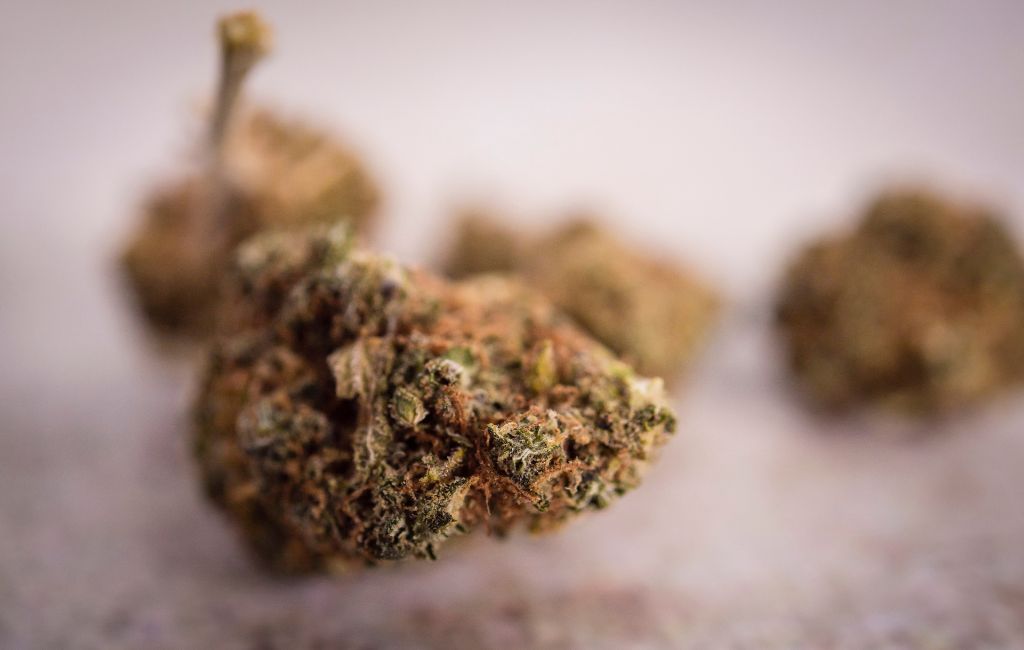THCa Flower: Discover Its Benefits
THCa flower has been gaining attention in recent years for its potential health benefits and unique properties. This article explores the various advantages of THCa flower, supported by research, examples, and statistics.
What is THCa?
THCa, or tetrahydrocannabinolic acid, is a non-psychoactive cannabinoid found in raw and live cannabis plants. Unlike THC, THCa does not produce a high when consumed. It is only when THCa is heated through a process called decarboxylation that it converts into THC, the psychoactive compound.
Health Benefits of THCa Flower
Research has shown that THCa may offer several health benefits. Here are some of the key advantages:
- Anti-inflammatory Properties: THCa has been found to have anti-inflammatory effects, which can help in managing conditions like arthritis and other inflammatory diseases.
- Neuroprotective Effects: Studies suggest that THCa may have neuroprotective properties, potentially aiding in the treatment of neurodegenerative diseases such as Alzheimer’s and Parkinson’s.
- Anti-emetic Benefits: THCa has shown promise in reducing nausea and vomiting, making it beneficial for patients undergoing chemotherapy or those with chronic conditions that cause nausea.
- Antioxidant Properties: THCa acts as an antioxidant, which can help in protecting cells from damage caused by free radicals.
Case Studies and Research
Several studies have been conducted to explore the benefits of THCa. For instance, a study published in the British Journal of Pharmacology found that THCa exhibited anti-inflammatory and neuroprotective effects in animal models. Another study in the Journal of Clinical Investigation highlighted the potential of THCa in reducing nausea and vomiting in chemotherapy patients.
These studies provide a strong foundation for further research into the therapeutic potential of THCa. While more clinical trials are needed, the existing evidence is promising.
How to Use THCa Flower
THCa flower can be consumed in various ways, depending on the desired effects. Here are some common methods:
- Raw Consumption: Consuming raw THCa flower in smoothies or salads preserves its non-psychoactive properties and allows users to benefit from its health advantages without experiencing a high.
- Juicing: Juicing raw cannabis leaves and flowers is another popular method to consume THCa. This method is often used by those seeking the health benefits without the psychoactive effects.
- Tinctures and Oils: THCa can be extracted into tinctures and oils, which can be taken sublingually or added to food and beverages.
Legal Status of THCa
The legal status of THCa varies by region. In some areas, THCa is legal as long as it is not decarboxylated into THC. It is important to check local regulations before purchasing or consuming THCa products.
Consumer Experiences
Many consumers have reported positive experiences with THCa flower. For example, individuals with chronic pain have found relief through its anti-inflammatory properties. Others have used it to manage nausea and improve their overall well-being.
One user shared their experience of using THCa flower to manage arthritis pain. They reported a significant reduction in inflammation and discomfort, allowing them to lead a more active lifestyle.
Conclusion
THCa flower offers a range of potential health benefits, from anti-inflammatory and neuroprotective effects to anti-emetic and antioxidant properties. While more research is needed, existing studies and consumer experiences suggest that THCa could be a valuable addition to various health and wellness routines. As always, it is advisable to consult with a healthcare professional before starting any new supplement or treatment.
